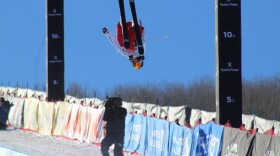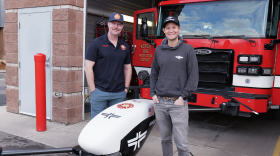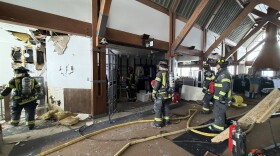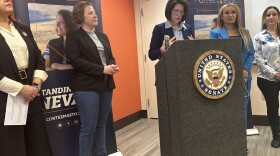-
School officials and law enforcement launched an investigation after receiving multiple tips through Colorado’s anonymous school-based reporting system. After an investigation, police arrested a student.
-
After claiming a bronze and silver medal in the past two Olympics, Ferreira successfully completed his collection in Italy.
-
Leaders of environmental groups are issuing fresh warnings this week about the impacts the ongoing gridlock could have in the river basin.
-
The Aspen Fire Protection District is set to become the first station in the country to acquire the new technology from Seneca, a California startup. Fire officials say it could be a “game changer” for rapid response to hard-to-reach wildfires.
-
A fire broke out at the Sundeck restaurant Thursday morning, temporarily shutting down access to Aspen Mountain. No injuries have been reported.
-
Aspen Santa Fe Ballet’s Folklórico program ended in December, following the retirement of its longtime Executive Director Francisco Nevarez-Burgueño. It brought students a strong sense of community, discipline and a connection to Mexican culture.
-
Lawmakers say the agency is already facing challenges
-
More than a century after the Mountain West’s silver and gold rushes, mercury used to process those metals is still moving through a northern Nevada river system and showing up in local wildlife.
-
Funding cuts from Garfield County are contributing to decreases in the summer and fall bus services. The Roaring Fork Transportation Authority is continuing to seek funding to keep the Hogback service fully operational.
-
Blanco has years of judicial experience. She is Polis’s 2nd appointment to the Supreme Court.

Play Live Radio
Next Up:
0:00
0:00
Available On Air Stations










